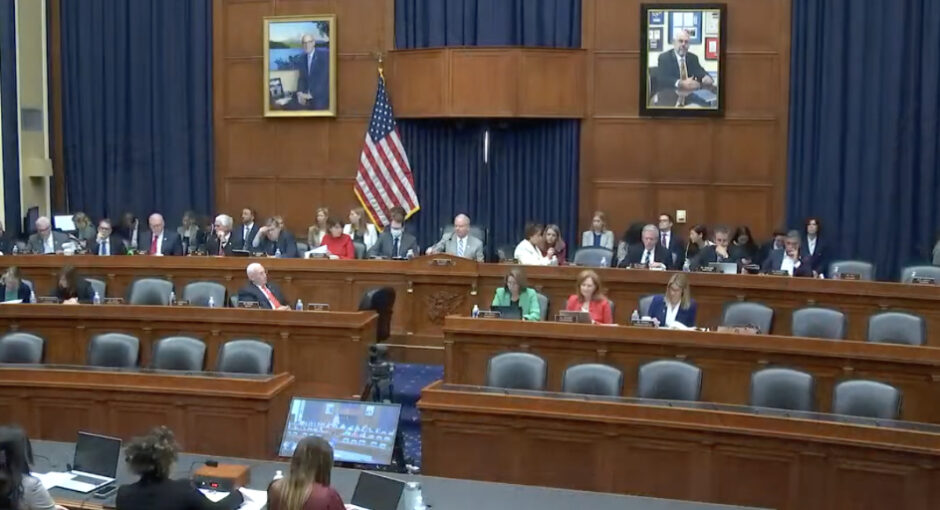340B covered entity representatives are scrambling to respond to a U.S. House subcommittee’s unanimous approval yesterday of a bill that includes language that would make it impossible nationally for entities to earn revenue from billing state Medicaid managed care contractors above what they pay for 340B-acquired drugs.
The so called “spread pricing” language was in an amendment that the Energy & Commerce health subcommittee attached yesterday to H.R. 3281, the Transparent PRICE Act, a bill focused mainly on requiring hospitals and health insurance companies to make charges and prices more accessible. It then passed the bill 27-0 and sent it to the full committee for action maybe as soon as next week.
Similar language originally was included in House Democrats’ big drug pricing bill, H.R. 3, two sessions of Congress ago. The language at times also was in Sens. Chuck Grassley (R-Iowa) and Ron Wyden’s (D-Ore.) contemporaneous on-again, off-again Senate Finance Committee drug pricing bill. 340B provider groups lobbied hard to keep the language out of the drug pricing part of the Inflation Reduction Act of 2022—the law that requires government price negotiation for some Medicare Part B and D drugs and requires drug manufacturers to pay Medicare rebates if prices rise faster than the rate of inflation.
California (by executive action) and New York (by state budget law) both recently did something similar to what H.R. 3281 would do. Both transferred Medicaid managed care drug benefits to Medicaid fee for service.
A Centers for Medicare & Medicaid Services 2016 final rule requires states to reimburse 340B-acquired drugs at actual acquisition cost for fee-for-service Medicaid patients. This prevents a duplicate discount situation where drug manufacturers are subject to both an upfront 340B discount and a back end rebate to the Medicaid program. In most states, entities can generate revenue by billing Medicaid MCOs at above cost for 340B-acquired drugs.
The language in H.R. 3281 says state contracts with Medicaid MCOs or their pharmacy benefit managers shall limit drug payment to ingredient cost plus a dispensing fee not less than what the state pays in Medicaid fee for service.
Jason Reddish, a partner at Feldesman Tucker Leifer Fidell law firm, said “H.R. 3281 was a nasty surprise for covered entities.”
“H.R. 3281 would impose actual acquisition cost reimbursement in managed Medicaid on 340B entities, essentially making nonprofit safety net providers a pass-through for Medicaid and stripping an enormously important source of revenue from hundreds of covered entities in dozens of states,” he said. “If the nightmare experiences in California and New York with eliminating MCO coverage of drugs is any indication, the bill would cost covered entities billions nationally.”
The bill still has a way to go before it would become law. The bill could still be amended at the full committee level or on the House floor. The Senate would also need to pass its own version of the bill and 340B providers would have a chance to lobby the Senate in an effort to strip or modify the provision.


